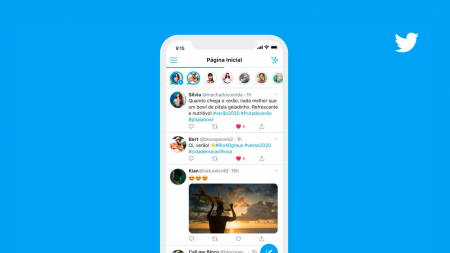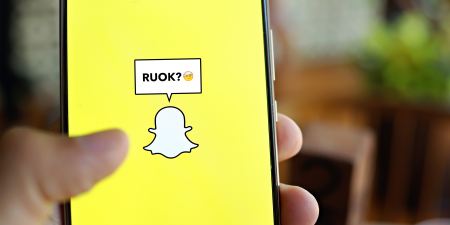The trend of stealing Snapchat’s most original idea continues on Twitter as the social media platform has revealed that it’s…
Browsing: social media
The first generation of people who have grown up using social media such as Facebook and Instagram are entering the workforce. For as long as this breed of so-called “digital natives” has been alive, some academics have been arguing that using the internet from a young age would shape the way people learn, work and even think.
Aside from being a central information and alert system, Twitter also provides a platform for the narratives of those personally affected by disasters or outbreaks, which is useful when it comes to humanitarian assistance and support.
With his upcoming budget speech looming over many South Africans’ heads, minister Tito Mboweni takes to Twitter to discuss important,…
Snapchat has announced a new feature called “Here For You” that promises to “provide proactive in-app support to Snapchatters who may be experiencing a mental health or emotional crisis”.
The popular youth-oriented app is the latest to join a wave of social media platforms setting out to monitor and improve the well-being of their users.
As you scroll through your Facebook news feed, you see it: Your friend has posted a new profile picture. But instead of a picture of just your friend, it’s a couple photo – a picture of your friend and their romantic partner.
“Why would someone choose that as their profile picture?” you wonder.
Fear of missing out, or FoMO, is commonly described as that anxious feeling you get when you think other people might be having a good time without you. Excessive FoMO is closely related to symptoms of behavioural addiction. It often leads to undesirable behaviour such as the constant checking of social media, even in an inappropriate context, like while driving, and becoming overly preoccupied with reactions to online posts and messages.
Humans are more connected to each other than ever, thanks to smartphones, the web and social media. At the same time, loneliness is a huge and growing social problem.
If you’re sitting there wondering what the kids are into these days, this is it. TikTok is a short-video format social platform where viewers can consume a lot of content in short intervals.
In South Africa, the biggest threats to democracy are pretty obvious: the stuttering economy, never-ending rolling blackouts (let’s call them what they are), the rampant unemployment (nearly 30% in total, over 50% for youth) and a delusional political elite that doesn’t know it’s out of touch, out of money (due to said economic woes and therefore the inability of Sars to collect revenue) and generalised arrogance.










